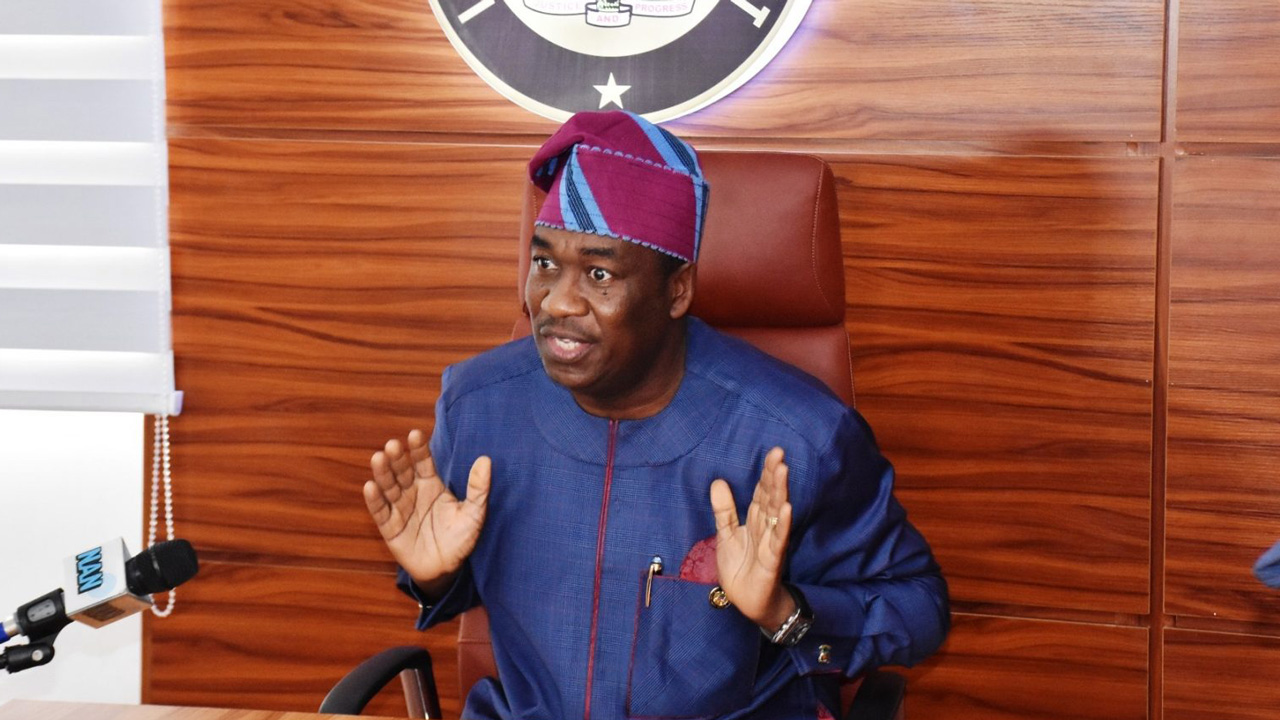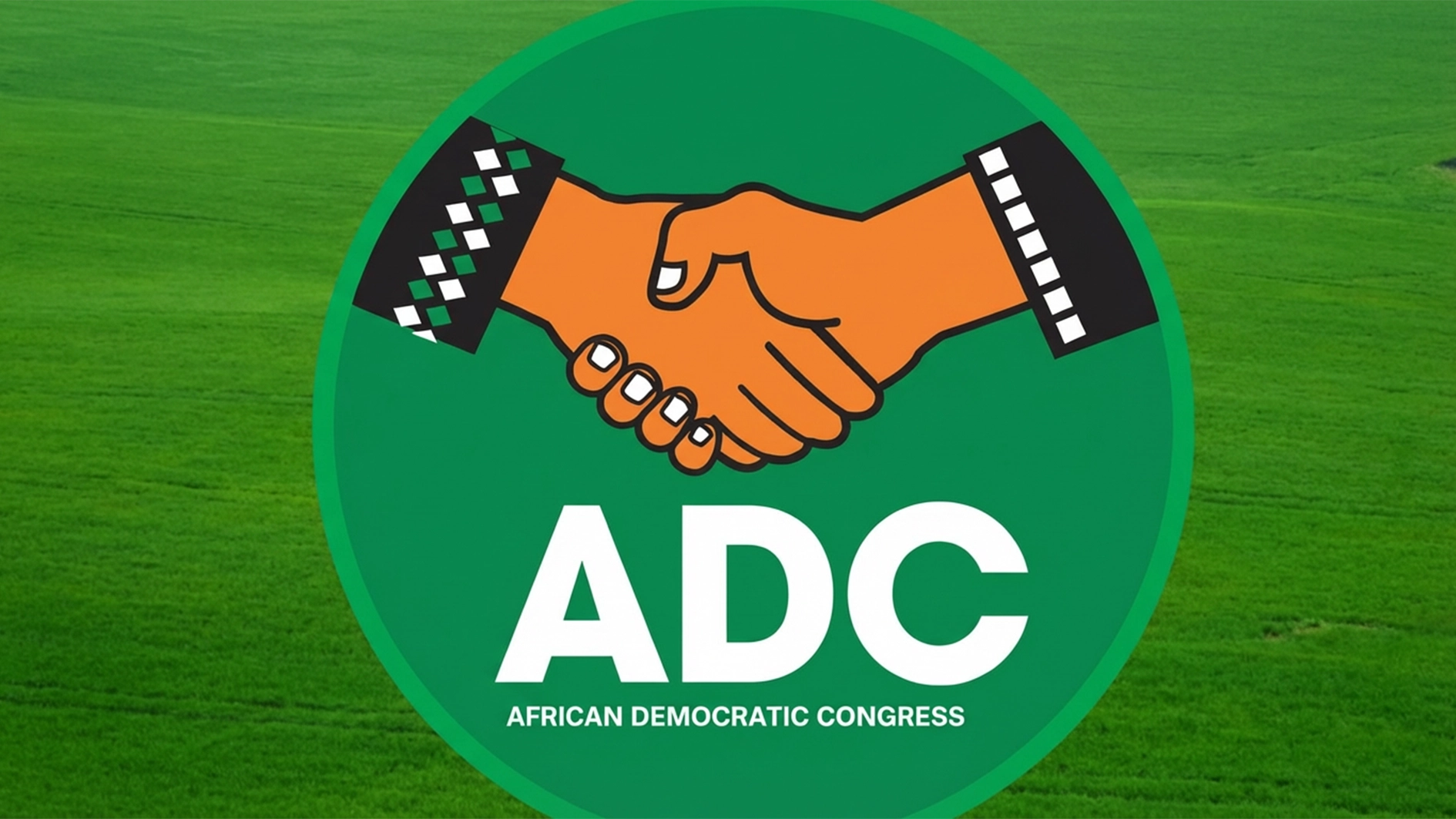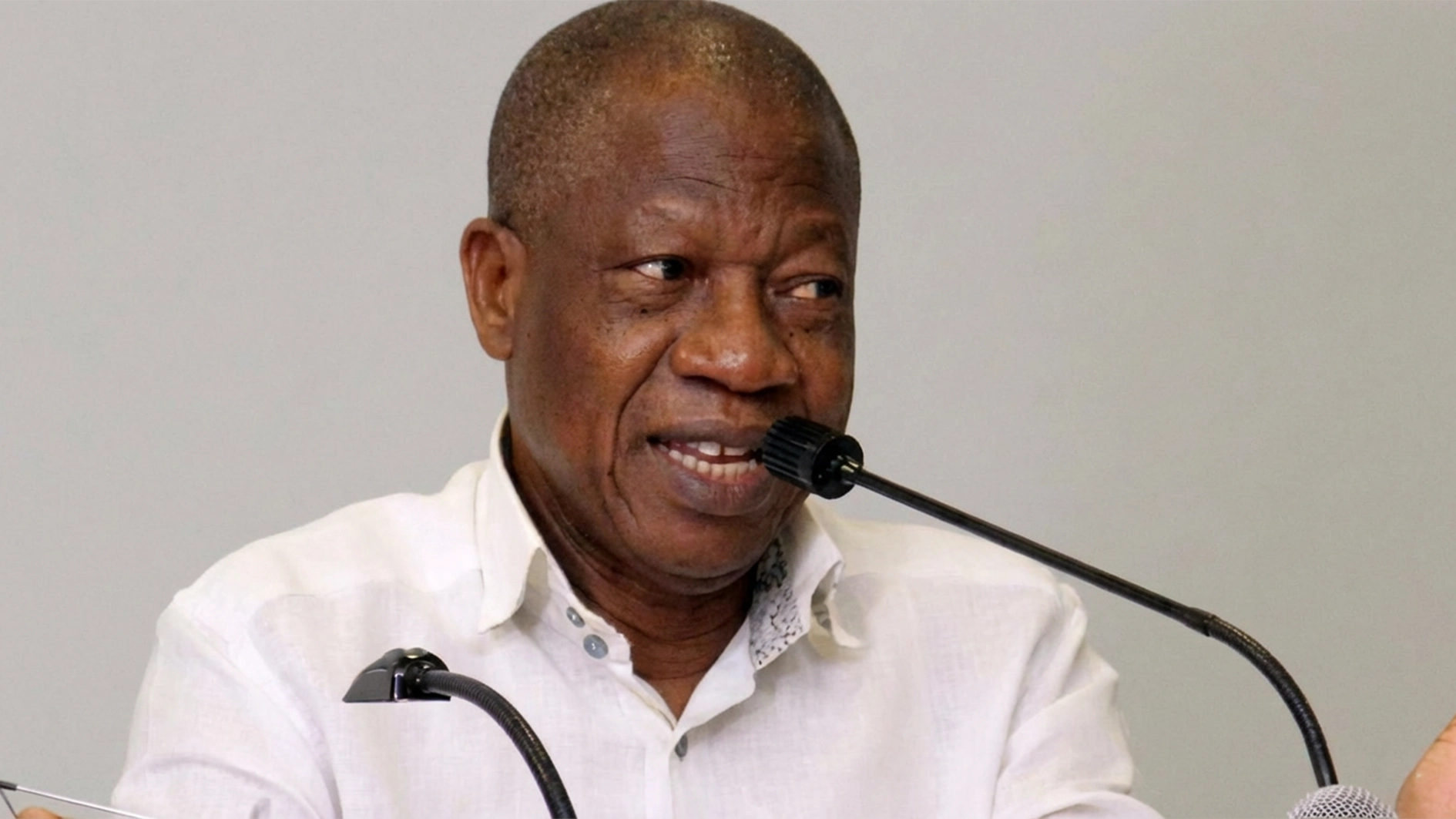
Deputy Governor of Lagos State, Dr. Kadri Obafemi Hamzat, has said the onus of rebuilding Nigeria does not only lies on the government, but non-state actors also have vital roles to play.
Hamzat spoke at Lagos Country Club 72nd anniversary where he observed that globally, there has been continued growth in the number and activities of non-state actors because of the compelling complementary roles they play in impacting governance.
Speaking on the Theme: “The Imperative of Good Governance: The Role of non-state actors”, he said as government concerns itself with core responsibilities of ensuring ‘greatest good of the greatest number’, non-state actors must fill in the space.
According to him, “while one is not averse to the idea of restructuring and true federalism, we cannot but state that this discourse as to our myriad of issues need to be situated in its proper context so that the derivative solutions are appropriate and within the realities of a future we can birth according to timeworn principles.
“In that sphere of consideration, the issues are, as I see it, the following: Where are we as a nation? What is our desired destination? How can we get there and what roles can we assign to non-state institutions in the bid to arrive at our desired destination?
“It is my position that we must begin to move away from the “big government” concepts towards “small government” and freeing up space for the entrepreneurial capacity of the people to take off. In arriving at how to get there, we must narrow our engagement to non-state actors like social clubs as offering opportunities for building consensus and promoting such values that can get us to our destination. The existence of social clubs like yours, with its diverse membership portends great potentials for the influence that can be welded in ensuring that our national discourse can be more meaningful. For many to engage in our process using principles that have sustained your club will go a long way”.
With specific reference to Taiwan, Hamzat said it was the academia that began their revolution in the area of development. From universities, concerted effort was made to venture into scientific research and therefore becoming a critical player in the electronic industry.
Speaking further, he said United States also made deliberate efforts in the area of technology and engineering, stressing that it was not the government but individual and the academia. But government had regulatory role it played.
He said it is therefore clear that there are different spectrum of institutions especially government, academia, social organizations that must come together to free the nation from her current state of paralyses and lift her up towards a bright future that potentially awaits her.
Specifically, he identified eight elements of good governance to include: consensus oriented policies, accountability, transparency, responsiveness, efficiency, inclusiveness, and rule of law.
He said that, “a cursory review of nations history presents us with a view of why we are there and how we can move out. Even before we started as a real nation the foundation was shaky. In his book, former Prime Minister of United Kingdom, Harold Wilson stated clearly that he was one of the people that were pointedly asked to rig Nigeria election in favour of the northern region when it was clear that Nigerian independence is imminent”.
Hamzat noted that, “the nations colonial heritage commenced on the principle of unity in diversity. He said it was predicated on regionalism as well as unity. He explained that at the core of it is the element of each region undertaking its development according to the realities of its environment.
“The Central Government had really limited intervention in the affairs of each of the region. Both the Independent Constitution and the 1963 Republican gave vent to the plans of separate development. The Regions were really competitive and their competitiveness gave rise to the extensive development of the period”.
He said the principle of separate development was truncated with intervention of the military in 1966. The military, he stated, explained that intervention to be as a result of the conflagration of the politics of the period. “The West had the infamous ‘Operation wetie’. Inherent within the polity then was the contest to control the centre. It became a contest that saw all political parties fragmenting back to their primordial enclaves. Each presented the contest as between tribes. The episode sowed the seeds of discord in the nation in such a manner we were unable to build any consensus on national issues”.
He said, “Today, many describe Nigeria as a ‘failed state’, some even authored to describe it as being on the brinks, or on the periphery of a breakdown. They point to the various security challenges that beset the nation. For them, we need not look further to identify the manifest causes except to see it as a failure of governance. In that paradigm: the singular solution is to restructure and establish true federalism. They say we must re-engage and realign with new legal framework (constitution) as critical in a search for a new Nigeria. In consideration of “where we are as a nation” I daresay the manifestation is ominous. The state is at war with its citizens as there are extensive dissents among tribes. There are inherent security challenges: the herdsmen expulsion from some regions, kidnapping and violence associated with the context for existence. Indeed, there is a whole economy built around kidnapping which has made it rampant”.
Lagos State Deputy Governor noted that, “We have not built a nation of Nigeria. So long as this state of things subsists, we cannot begin to think of good governance. Our desired destination is a state where its citizens can fulfill potential. A state where the extensive natural resources are deployed to provide general happiness and each citizen can excel in their individual pursuits, a nation with values and ethos around which its people can proudly assemble and take their position in the national scheme of things”.
In his remarks, President, Lagos Country Club, Arc. Funmi Bamkole stated that, “Our anniversary lecture this year, like many other activities, is low-key, due to the Covid-19 pandemic ravaging the world. Lagos State and indeed Nigeria as a whole are no exceptions. Subdued as it may be, the relevance of our existence as an entity cannot be over-emphasized. As citizens, we are aware that we have to co-create good governance. Democracy, good governance and modernity cannot be imported or imposed from outside a country






